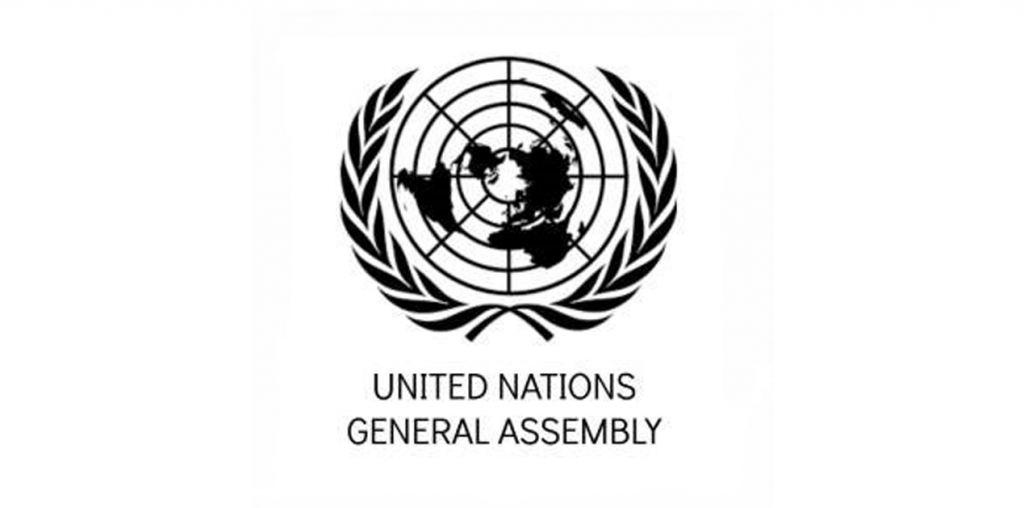Report of the Special Rapporteur on the situation of human rights in Myanmar, Thomas H. Andrews (A/77/2955) (Advanced unedited version)

Seventy-seventh session
Item 72 (c) of the provisional agenda*
Promotion and protection of human rights: human rights questions, including alternative approaches for improving the effective enjoyment of human rights and fundamental freedoms
Summary
In July, Myanmar’s military junta executed four political prisoners, including a prominent pro-democracy activist and a former member of parliament. These unconscionable acts are consistent with the junta’s unflinching embrace of violence against the people of Myanmar. In recent months, military forces have systematically bombed and burned villages and massacred innocent civilians, including eleven children in Sagaing Region who were shot and killed when junta forces attacked their school in September. These forces have killed thousands and displaced nearly one million people since the coup. Many of the more than 12,000 political prisoners have been tortured and an unknown number have died in custody.
In the midst of this darkness, however, Myanmar civil society is a shining light and inspiration. Activists, human rights defenders, aid workers, community leaders, journalists, health care professionals, and educators are among those who are taking great personal risks to document atrocities, deliver humanitarian assistance, and respond to the needs of displaced and traumatized communities. Human rights organizations, women’s associations, professional networks, trade unions and labour activists, and grassroots groups are adopting strategies to remain safe and effective in a deadly environment. In many cases, individuals and organizations are operating with little international support and few opportunities to communicate with the outside world.
In this report, the Special Rapporteur outlines the human rights and humanitarian catastrophe in Myanmar. He also describes the essential and awe-inspiring work being done by Myanmar civil society in the most challenging of circumstances. He calls on the international community to view Myanmar civil society as a vital partner in addressing the crisis in the country, working with grassroots networks to deliver aid and increasing financial and technical support to civil society organizations.
Myanmar’s fate depends on the activists, organizations, and networks that have risen up to defy military rule, defend human rights, and prepare for a free and democratic future. They need and deserve a significant increase in support from the international community.

